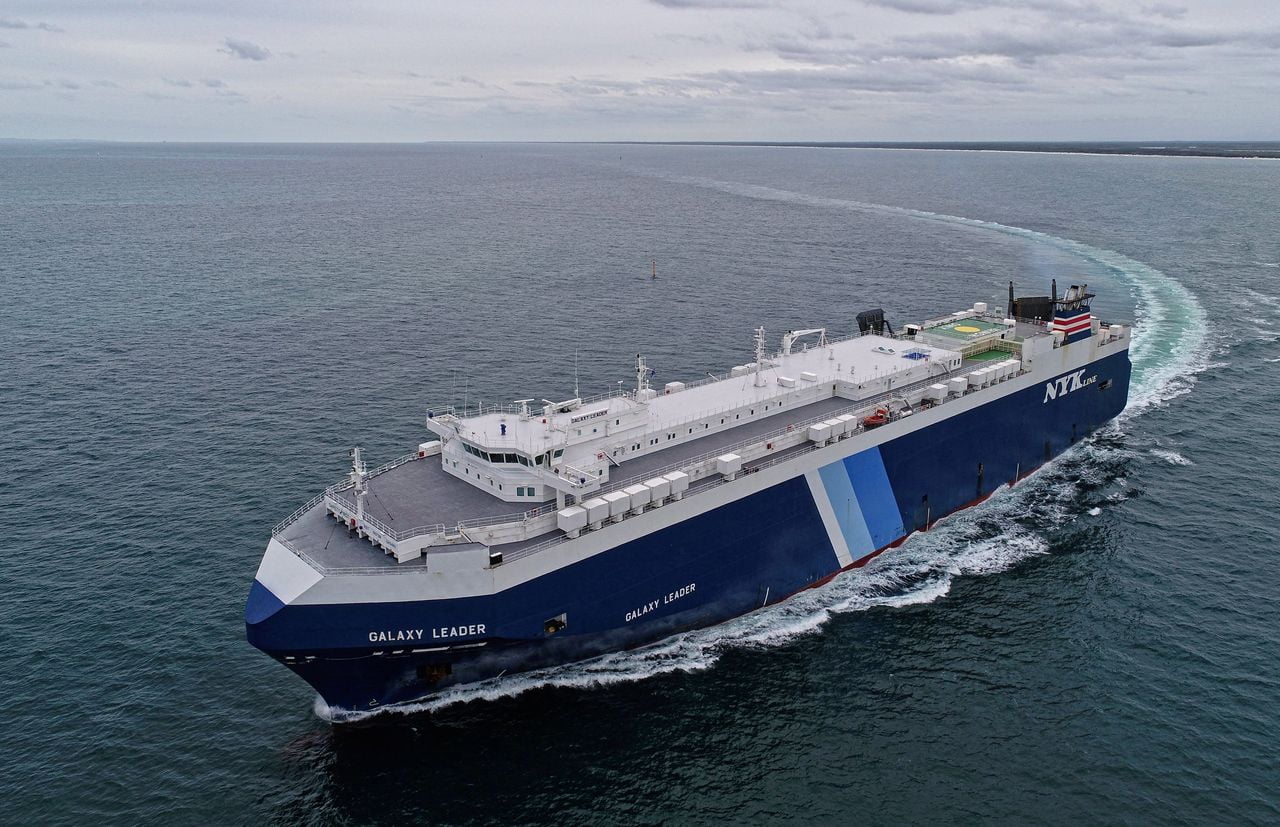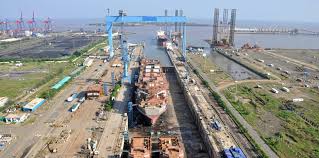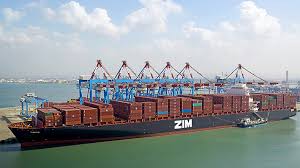Retail and apparel groups urge secure travel measures on the Red Sea amid rising trade concerns.

In response to escalating rates, delays, and significant cargo diversions totaling over $80 billion, more than 100 business organisations representing retail, apparel, and related sectors have issued a joint appeal for governments worldwide to bolster security measures along the Red Sea trade routes.
Over 100 leading business associations spanning apparel, retail, footwear, and allied industries united last week in an open letter, imploring global authorities to prioritise the safeguarding of maritime commerce along the Red Sea. The plea, articulated in a letter dated February 8th, highlighted the pressing need for concerted international action to ensure safe and efficient passage for vessels navigating these vital waterways.
The missive underscored the detrimental impacts of recent route alterations, resulting in port congestion, equipment scarcity, and exorbitant shipping tariffs. Notable signatories to the petition included the American Apparel & Footwear Association, the U.S. Fashion Industry Association, the National Retail Federation, and the American Association of Port Authorities, alongside numerous other influential stakeholders.
The disruption in Red Sea shipping, precipitated by attacks on vessels by Houthi rebels, has elicited a varied response across affected industries, prompting calls for coordinated intervention. Specifically, the letter endorsed Operation Prosperity Guardian, a multinational initiative aimed at fortifying maritime security in the region.
Emphasising the criticality of maritime safety for global economic stability, the coalition stressed the imperative for governments to adopt a zero-tolerance stance towards assaults on commercial ships and seafarers, both in the Red Sea and worldwide.
Citing the substantial volume of global trade coursing through the Red Sea—accounting for approximately 30 percent—and an estimated $80 billion in redirected cargo via the Cape of Good Hope, the appeal elucidated the magnitude of the economic ramifications stemming from shipping disruptions.
Amidst the ongoing supply chain perturbations wrought by the pandemic, the retail and fashion sectors have honed contingency strategies to navigate operational challenges. Executives, such as Harmit Singh, Chief Financial and Growth Officer of Levi Strauss & Co., acknowledged the heightened transit durations but expressed confidence in their ability to mitigate adverse impacts.
While acknowledging the resilience of the industry, analysts cautioned that retailers heavily reliant on global sourcing networks might face greater vulnerabilities from disruptions in Red Sea trade routes.
Source: Supply Chain Drive









